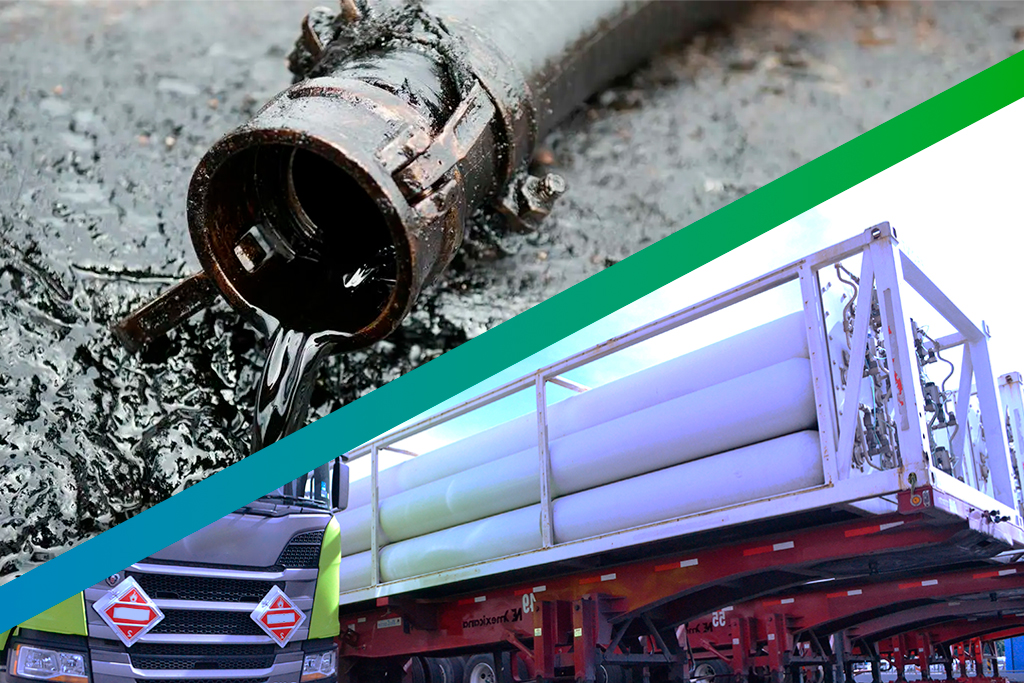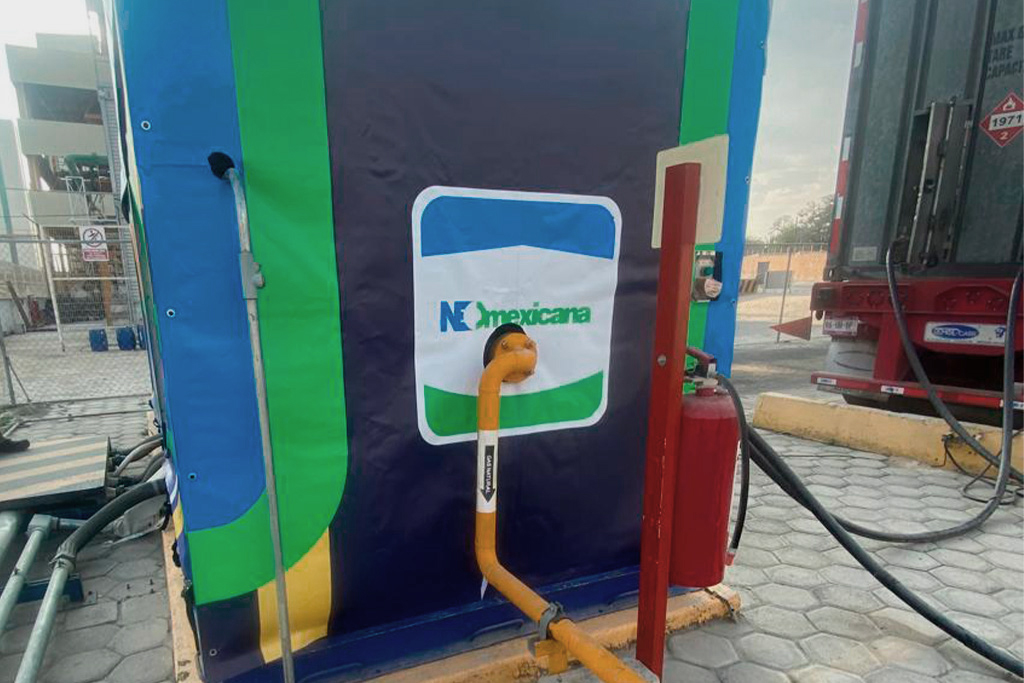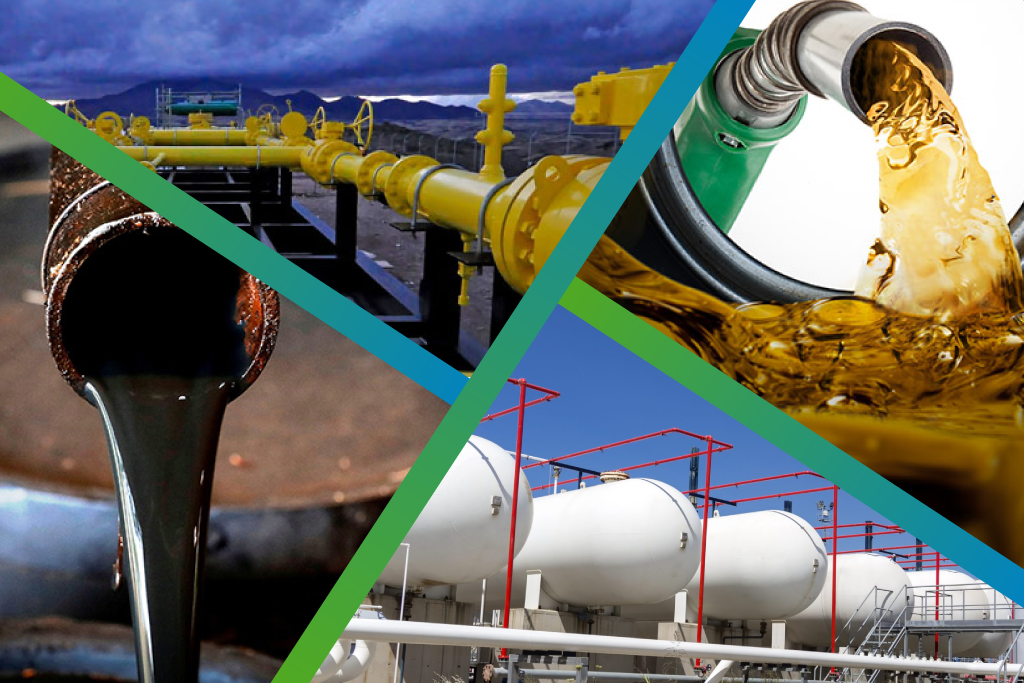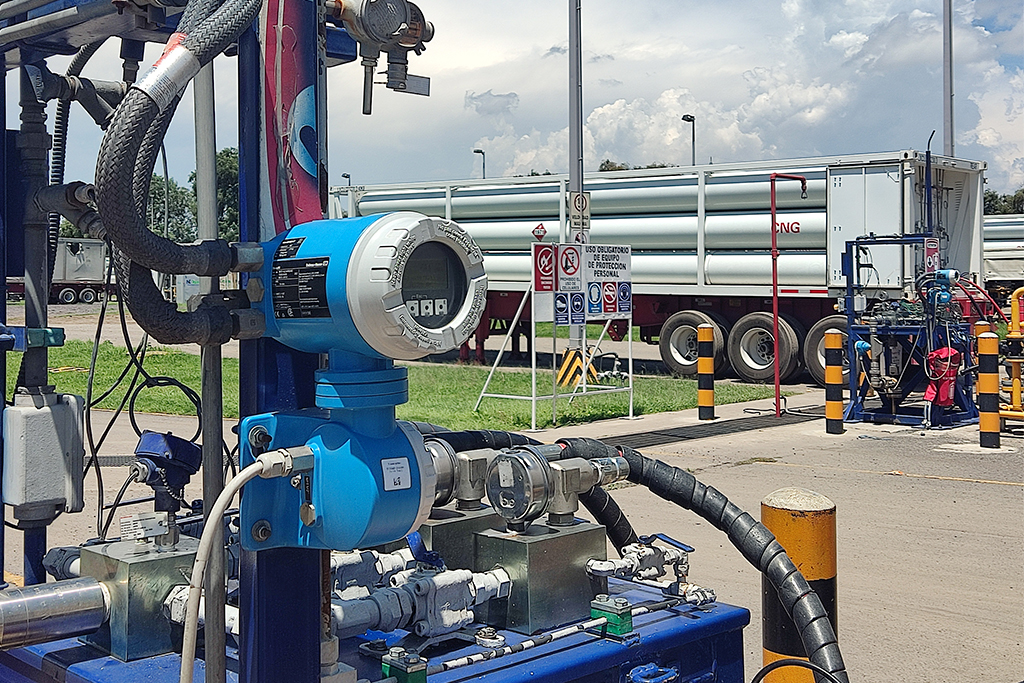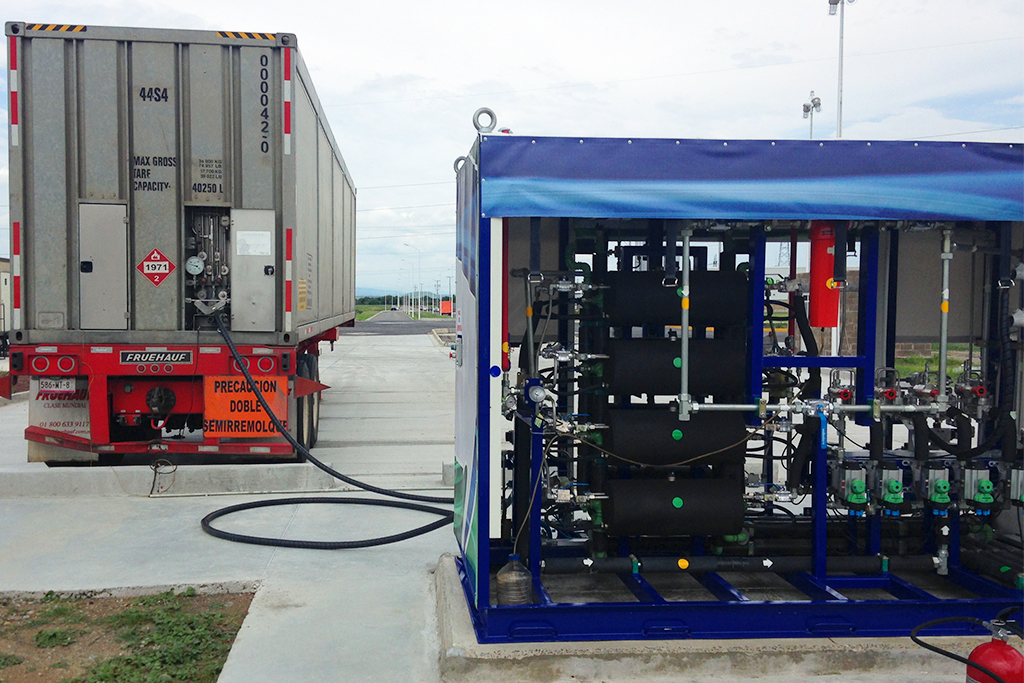What benefits and challenges exist in the transition from Fuel Oil to Natural Gas?
The shift from fuel oil to CNG in the industry represents a key strategy in the face of today’s demands
for sustainability and reduced operating costs. This change is redefining the energy landscape in various productive sectors in Mexico.
Benefits
The main benefits of using compressed natural gas compared to fuel oil include:
- Maintenance cost savings: Natural gas combustion generates less waste and deposits on equipment, reducing wear and tear and the need for frequent cleaning.This prolongs the useful life of the equipment, reduces operational interruptions and reduces costs associated with corrective maintenance.
- Lower environmental impact: Burning fuel oil emits high amounts of carbon dioxide (CO₂), sulfur oxides (SOₓ) and particulate pollutants, deteriorating air quality.This is particularly important as companies must comply with increasingly stringent environmental regulations.
- Accessibility of CNG: Unlike piped natural gas, CNG is transported compressed in mobile units, allowing access to plants located in remote areas where there is no pipeline infrastructure. This not only expands the energy options for companies in remote regions that use fuel oil, but also offers a reliable alternative to the supply setbacks that sometimes occur with the delivery of fuel oil.
If you want to know more, visit our blog: Know the main differences between the most used fuels in the Mexican industry.
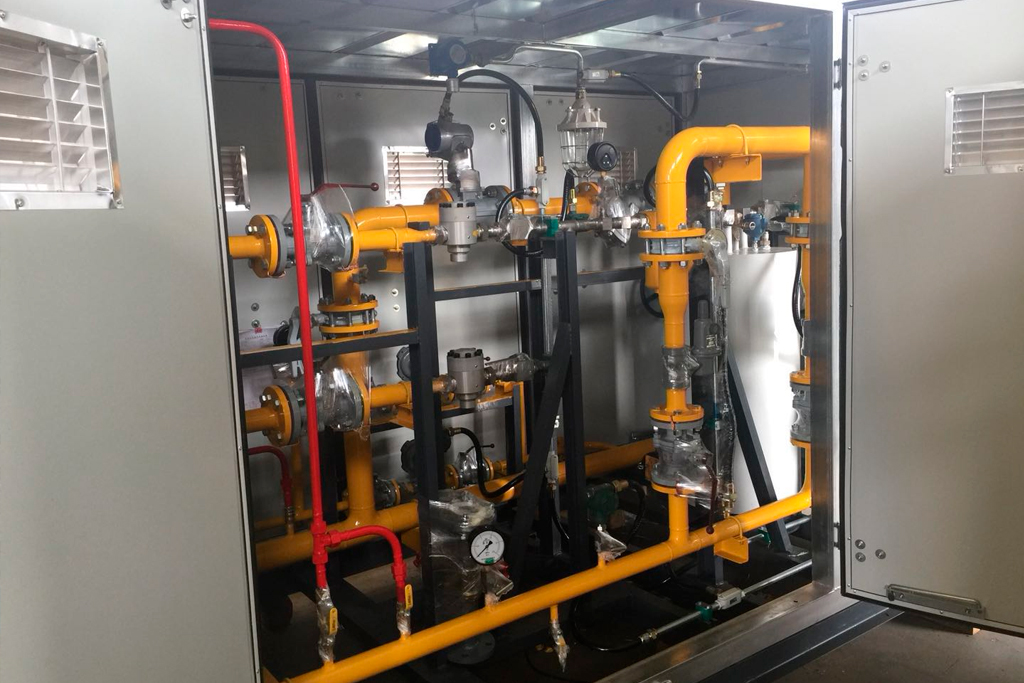
Transition challenges
Although the transition to CNG offers great advantages, it also faces certain challenges:
- Initial investment: The conversion of equipment requires adapting burners and nozzles for the use of natural gas. However, this investment is usually recouped in the medium to short term through operational savings.
- Infrastructure: The installation of a specific pipeline network is necessary for the transport of
natural gas within its installations, as its physical characteristics require materials and designs
other than the combustole.These works must comply with NOM-002-SECRE-2010,
guaranteeing safety and efficiency. - Designated space: The use of CNG requires a designated area for gas decompression
equipment and unloading bays for containers.The plant must have sufficient space for tractor-
trailer maneuvering.
Conclusion
The transition from fuel oil to CNG is more than a fuel switch; it is a strategic decision to improve business competitiveness in an environment where sustainability and energy efficiency are essential. Although it involves initial challenges, the economic, environmental and social benefits make this transition an indispensable investment for the industry.

